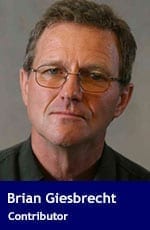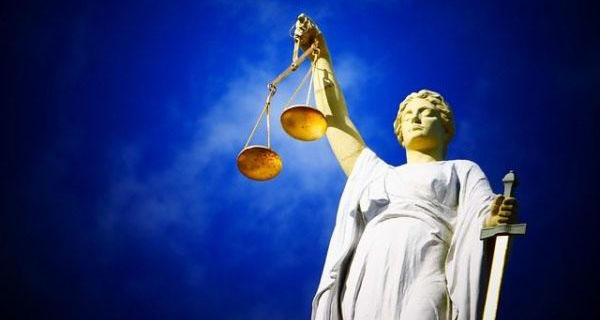 In his new book There Is No Difference, Ontario lawyer Peter Best begins a long-repressed national conversation about Canada’s legal and social relations with its Indigenous people.
In his new book There Is No Difference, Ontario lawyer Peter Best begins a long-repressed national conversation about Canada’s legal and social relations with its Indigenous people.
Best asks: Why can’t Nelson Mandela’s goal and vision of one set of laws for all be the goal in Canada? Why keep and even extend the demonstrably-failing separate but equal, apartheid-like status quo?
Best would rather see complete legal equality for all Canadians.
Best makes a strong case for Canada to not just talk like Nelson Mandela, but to emulate him. There Is No Difference makes a compelling argument that the ill-conceived and harmfully interpreted Section 35 of Canada’s Constitution, which protects “existing Aboriginal rights,” should be legally curtailed. This would take back the Crown sovereignty that the Supreme Court, with its “consult and accommodate” rulings, recklessly devolved onto Indian bands.
The result has been the economic carnage of failed pipelines and communities.
Best convincingly argues that, with his proposed change in place, Indigenous reserves, the Indian Act and all other race-based special rights and entitlements would be phased out. His argument revisits Pierre Trudeau’s 1969 White Paper, updated cogently.
Canada’s Indigenous, as a group, are at the bottom of every performance-measuring social and economic indicator. The suicide rate, the poverty rate, the rates of alcoholism and drug dependency, the rates of criminality and incarceration, the rates of educational and economic achievement, the rates of incest and child neglect – all such grim measurements of human health and welfare clearly show that the status quo, which is centred on the reserve system, inflicts Indigenous Canadians with a tragic and unconscionable amount of suffering.
As Best writes, non-Indigenous elites appear to be prepared to continue to drive by this ongoing car crash and look the other way.
At the same time, Canada’s Indigenous elites are unable to meaningfully respond to the urgent needs of their people. Best asserts that Indigenous elites are, generally, short-sighted leaders who can’t or won’t address the tragedy of their people and the tasks facing them.
Best notes that whether locked in their urban offices, one of their newly-franchised marijuana plantations or on a road blockade, the leaders of “sovereign nations” do nothing but talk, accusing everyone but themselves. Meanwhile, their people, often on remote, violence-prone reserves, suffer and die.
Best observes that Mandela was not the only inspired and courageous leader who saw clearly and advocated strongly that all citizens of a nation should have exactly the same set of rights and responsibilities. Think of Abraham Lincoln, Mahatma Gandhi, Martin Luther King, as Best writes. And ponder the life of Saskatchewan’s pioneer moral hero, Indigenous lawyer and Assembly of First Nations co-founder William Wuttunee. Wuttunee’s brave 1971 book, Ruffled Feathers, advocated the way forward for his people could be found in Trudeau’s White Paper and Mandela’s words.
In apartheid South Africa, citizens carried status cards denoting their race. Mandela campaigned for years from inside his jail cell against these loathsome, racist symbols. Eventually, the western world responded and recognized the moral truth of what he was saying. Status cards, and the entire rotten regime they represented, came tumbling down.
Canada’s political leaders, including AFN leader Shawn Atleo, all honouring what Mandela stood for, travelled to his funeral. Yet these same leaders, back in Canada, continue to insist that Indian Act status cards, which serve essentially the same illiberal function as those in South African, remain.
And Canada’s Supreme Court, in the recent Daniels case, piled on with more unintentionally racist reasoning – adding 600,000 Metis as new candidates for these purely race-based, dependency-assuring status cards.
Best prefers that instead of continuing with laws that bind us to race-based conduct, dividing us, creating resentment, and preventing true reconciliation between Indigenous and non-Indigenous Canadians, we should move to real equality.
The situation in Canada is getting worse, not better. In There Is No Difference, Best convincingly points that the only true way forward is found in real reconciliation: one set of laws for all.
Brian Giesbrecht, a retired Manitoba judge, is a senior fellow at Frontier Centre For Public Policy.
The views, opinions and positions expressed by columnists and contributors are the author’s alone. They do not inherently or expressly reflect the views, opinions and/or positions of our publication.

